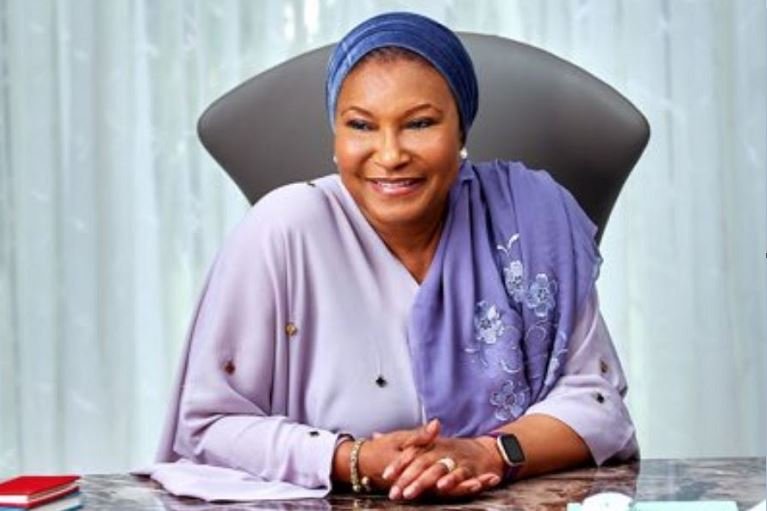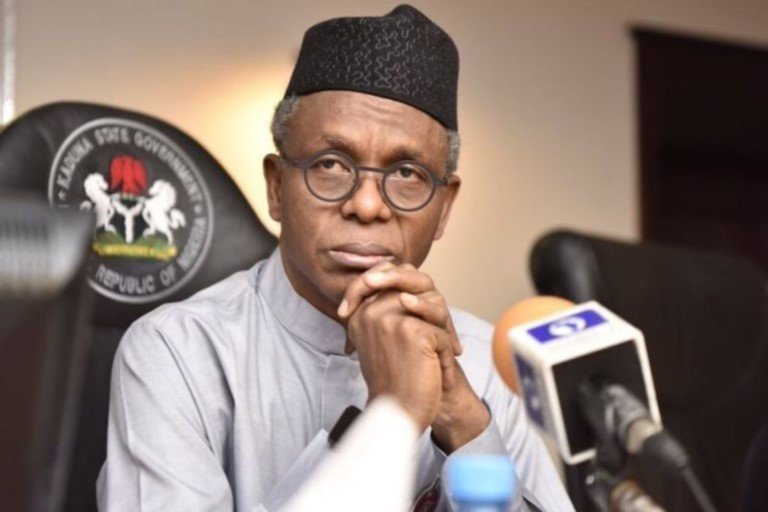
Nigeria unveiled a sweeping economic recovery plan on Tuesday, including measures to reduce its dependence on oil and to relax foreign exchange restrictions, in a drive to pull Africa’s largest economy out of its first recession in 25 years.
The Economic Recovery and Growth Plan 2017-2020, released by the budget ministry, sees gross domestic product (GDP) growing an average of 4.62 percent a year until 2020, and hitting 7 percent that year. Growth this year is put at 2.19 percent.
Economists welcomed the measures, which also include selling assets and hiking a luxury goods tax, though some expressed doubts that Abuja could meet the ambitious targets it has set.
The plan could smooth talks with the World Bank on a loan of at least $1 billion and with the African Development Bank on a credit of $400 million.
The central bank will aim to achieve a market-determined exchange rate regime, the plan said. But it did not specify whether this would mean allowing the naira to float freely – a key requirement for international lenders – or keeping the current system of dollar injections to address shortages.
Under the plan, the government also aims to ramp up oil production to 2.5 million barrels per day. Production in February stood at 1.65 million barrels per day, according to a Reuters survey of OPEC crude oil output.
President Mohammadu Buhari’s government hopes this will boost export earnings and government revenues by an additional 800 billion naira ($2.63 billion) a year.
Nigeria wants to become a net exporter of refined petroleum products by 2020, shifting away from its current reliance on imports of fuel, with limited domestic refining.
The government also expects to earn 35 billion naira ($115 million) from the sale of some assets, including oil joint ventures, and reducing stakes in other oil and non-oil assets.
OVERLY AMBITIOUS?
The document “provides a refreshingly honest analysis of the country’s economic problems and outlines a variety of sensible reforms,” wrote John Ashbourne, Africa economist at Capital Economics in London, in a research note.
“We’re sceptical, though, that Abuja will be willing or able to fully implement the ambitious programme,” he said, noting that there could be a lack of political will to push through some of the more painful reforms, while other targets such as increasing tax will require more than the measures proposed.
Nigeria has been in negotiations with global lenders for more than a year to secure loans that could amount to over $2 billion. So far it has only received $600 million from the ADB, with further loans contingent on its economic reform plans.
In the plan, the government said it would review and possibly lift a ban on accessing foreign exchange for 41 goods and services – potentially good news for manufacturers.
The plan forecasts inflation of 15.74 percent in 2017 and 12.42 percent next year. If achieved, this could alleviate widespread frustration with living costs. In January inflation hit 18.7 percent, its highest level in more than 11 years.
Nigeria, long criticised for its low levels of taxation, now aims to increase its overall tax to GDP ratio to 15 percent by 2020 from 6 percent now, partly by improving tax collection and also by hiking a luxury goods tax to 15 percent from 5 percent.
In the farm sector, another pillar of the economic plan, Nigeria wants self-sufficiency in rice by 2018 and in wheat by 2019 or 2020. It also hopes to be a net exporter of rice, cashew nuts, groundnuts, cassava and vegetable oil by 2020.











